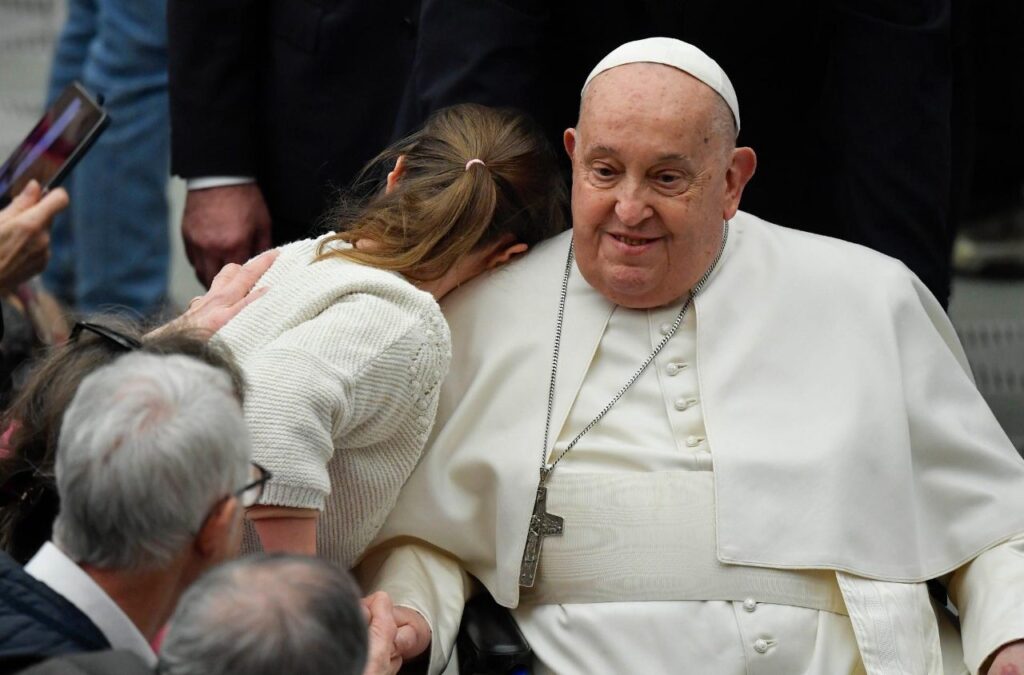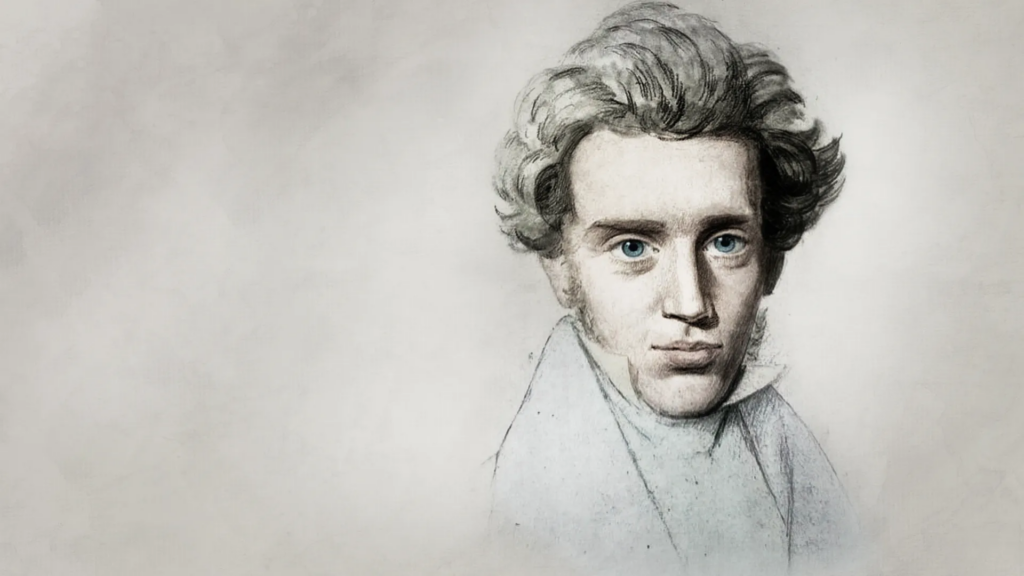Theology for Millennials: The Squid Game
Reflection on Netflix’s Most Successful Series

Today, Monday, December 13, 2021, Mexican Father Mario Arroyo Martinez shares with Exaudi’s readers his weekly article in “Theology for Millennials” entitled “The Squid Game,” in which he reflects on Netflix’s most successful series, with more than 142 million viewers, and he asks, where does its charm lie?
* * *
Up to today, “The Squid Game” is Netflix’s most successful series. More than 142 million people have watched it. Where does its charm lie? In reality, it’s a sordid and cruel plot, as it’s a sadistic game where the losers are unmercifully murdered. The question is, why did such a plot hypnotize a considerable spectrum of the population?
The game is a metaphor of today’s existence, savagely competitive and where there is no dignified place for losers. It’s the staging of savage capitalism in the version of a sadistic game. At the same time, it reflects the existential exhaustion proper of the secularized society, where both the rich and the poor are faced with the boredom of living. Particularly relevant in this connection is a dialogue between two protagonists Seong Gi-hun and Oh Il-nam in the last chapter (the protagonist and the moribund old man) when the latter explains to him the reasons that led him to organize the game. The boredom of living and the necessity of a strong emotion, which breaks the monotony of existence, which attacks equally both the super-rich as well as the desperate. Therefore, some organize the game and others play it: in reality, both succeed in showing the banality of secularized existence.
Hence the game is a metaphor of the fight for survival in the midst of an impersonal and merciless society. It’s quite a successful image of the existential vacuum that the highly developed societies face, as well as the profound gap that exists between the rich and the desperate poor. Life in society is so horrible that a sadistic game is preferable to a cold society. At least in the game, there is a hope of winning and a sense of struggle; in society, on the contrary, this struggle is necessarily geared to failure and social relegation.
Kang Sae-byeok, the North Korean deserter, reflects clearly how there is no room for trust in the midst of this de-personalized society. Each one is a “lone wolf” who with his strength alone must address the challenge of survival. He doesn’t trust anyone, he doesn’t love anyone, except his family, which he hopes to save. Thus it shows that the last redoubt in the hyper-developed society is the family. Several of the personalities agree on this diagnosis; the family is what anchors them to life, what moves them to fight for their life. So Seong Gi-hun fights for his daughter and his mother and falls into a deep depression when, at the end of the game as winner, he arrives at his house and sees her dead. Appearing there again, in all its rawness, is the vacuum of the secularized society. The scriptwriter wallows in cruelty: nothing was worthwhile: 455 people have died, the 456th arrives at home and discovers his mother’s corpse. The game, life, are not worthwhile.
This is the sad message that the series transmits. I think its success lies in this: that it’s a mirror where we recognize the nonsense of the absurd game that we are playing as society. All die and the only survivor doesn’t find the joy of living, but depression in living. The last scenes show us Seong Gi-hun as a zombie, a living dead, in the midst of a society in which he is indifferent to his fate and is only taken into account by the amount of money he amasses in the bank.
The game confronts us with the rawness of the nonsense of life, the banality of all efforts that culminate in death, the hopelessness to face life. And we see ourselves reflected in that reality; it’s the epitome of a fully secularized society.
It calls attention to the way the Christian presence in society is managed. It ridicules it through an evangelical personality who prays to God while playing a game where the loser is murdered, or through a preacher of the imminent end of the world. It disqualifies Christianity as an alternative to equip existence with hope, although it recognizes its social role through the orphanage run by nuns, where Kang Sae-byeok’s little brother is. He winks at hope, precisely through the principal personage, detached from money, who values friendship more than triumph. He also opens a chink to hope, showing how it’s worthwhile to fight for the family. In sum, however, it’s a disquieting reflection on the nonsense proper to the secularized society, where “man is man’s wolf.”
Translation by Virginia M. Forrester
Related

Reversing Social Deterioration: A Task That Begins in Business Management
Alejandro Fontana
25 April, 2025
4 min

The Revolution of Tenderness
María Elizabeth de los Ríos
25 April, 2025
3 min

His Hope Does Not Die!
Mario J. Paredes
24 April, 2025
6 min

The Religious Writer with a Fighting Heart
Francisco Bobadilla
24 April, 2025
4 min
 (EN)
(EN)
 (ES)
(ES)
 (IT)
(IT)

